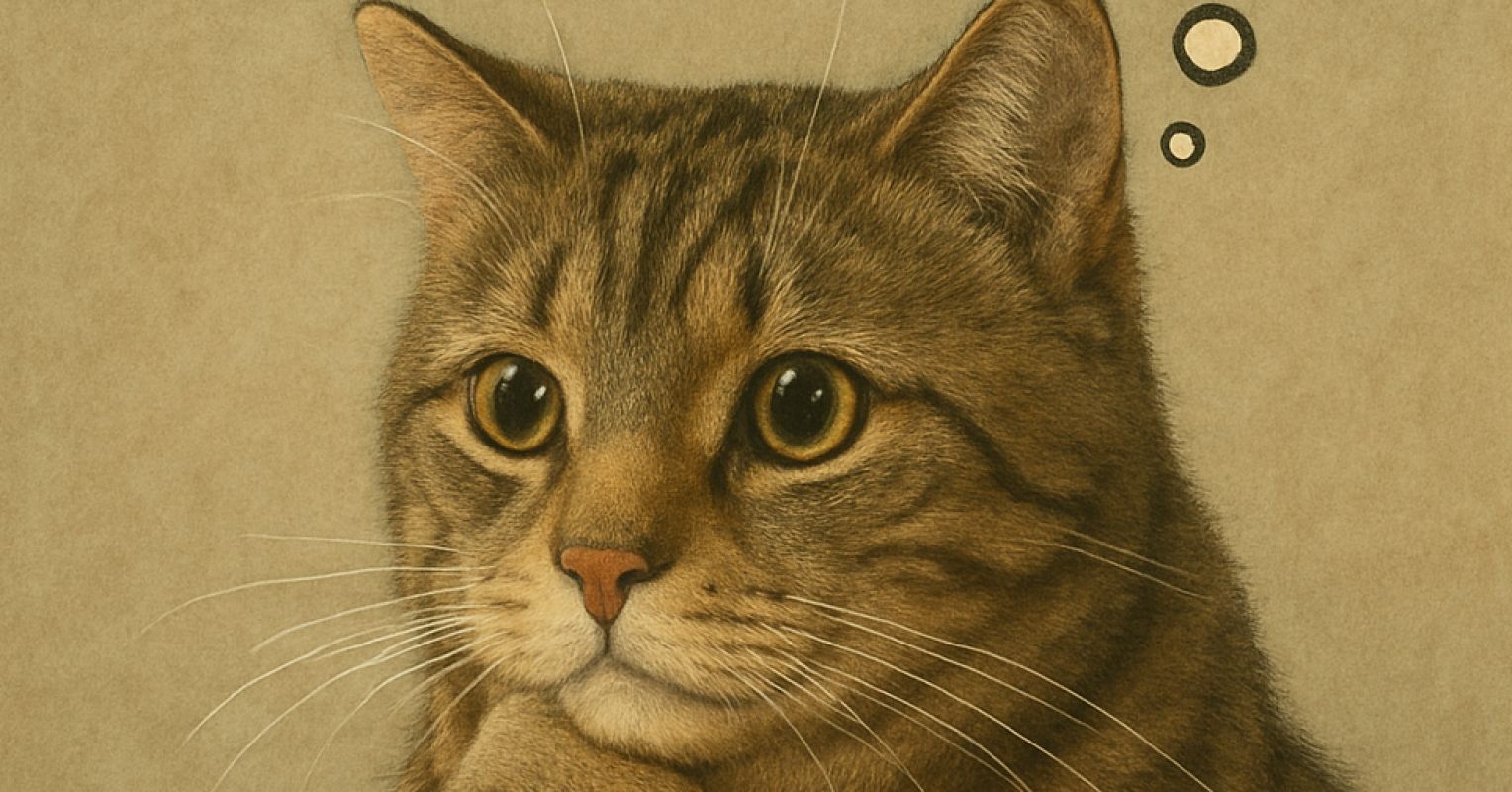
"Maximizing leads to less happiness, as constantly seeking the best option increases regret and dissatisfaction. Too many choices create decision fatigue, reducing contentment."
"Satisficers focus on options that are 'pretty good' and do not overthink their decisions, leading to greater well-being. They experience less worry about making the best choice."
"AI can benefit maximizers by providing information, but it may exacerbate feelings of dissatisfaction by presenting too many options, leading to second-guessing decisions."
"While maximizers strive for 'doing better,' they often experience mental exhaustion from evaluating numerous alternatives, making them less content with their choices."
Maximizers, who carefully consider every option and strive for the best choice, often experience less happiness and increased dissatisfaction. The pursuit of optimal decisions causes regret and decision fatigue, which leads to mental exhaustion. In contrast, satisficers are content with choices that are 'pretty good,' resulting in greater well-being due to less overthinking. While AI provides access to vast information that aids maximizers, it can also contribute to added pressure by presenting too many alternatives, leading to second-guessing and reduced satisfaction with decisions.
Read at Psychology Today
Unable to calculate read time
Collection
[
|
...
]